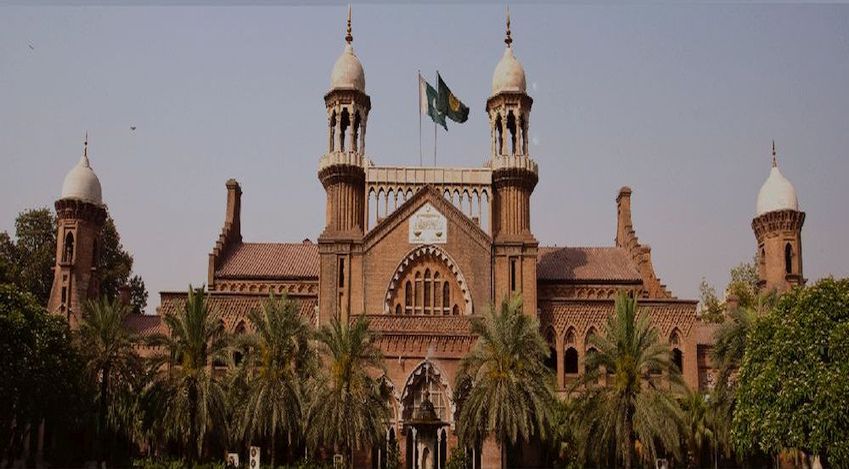The Magistrate Section-30 lacked jurisdiction to try the case under the Muslim Family Laws Ordinance --- Lahore High Court Acquits Man Convicted for Second Marriage without Permission
Islamabad 10-01-2025: In a significant ruling, the Lahore High Court set aside the conviction of Muhammad Waqas Gill, who had been sentenced for contracting a second marriage without the requisite permission from his first wife and the Arbitration Council, citing jurisdictional irregularities and procedural flaws in the case.
The judgment, delivered by Mr. Justice Muhammad Waheed Khan, emphasized the exclusive jurisdiction of Family Courts to handle matters under the Muslim Family Laws Ordinance, 1961. The Court ruled that the trial conducted by Magistrate Section-30, Shakargarh, was without legal authority and declared the proceedings corum non-judice (null and void).
The Petitioner was convicted in 2019 under Section 6(5)(b) of the Muslim Family Laws Ordinance, 1961, for marrying a second time without seeking permission from his first wife or the Arbitration Council. He was sentenced to 15 days of simple imprisonment and fined Rs. 70,000. Both the Petitioner and the complainant, his first wife, filed appeals against the judgment one seeking acquittal and the other demanding an enhanced sentence. The appeals were dismissed, leading to the Petitioner filing a criminal revision in the Lahore High Court.
The Lahore High Court held that the Magistrate Section-30 lacked jurisdiction to try the case under the Muslim Family Laws Ordinance. Referring to the Punjab Family Court (Amendment) Act, 2015, Mr. Justice Muhammad Waheed Khan noted that Family Courts are the exclusive forums for such cases.
The Court highlighted a delay of 3.5 years in filing the complaint, raising questions about the complainant’s intent. The evidence showed that the complainant and her family were aware of the second marriage but acted only after their divorce was finalized.
Mr. Justice Muhammad Waheed Khan reiterated the principle that legal actions must strictly comply with jurisdictional and procedural requirements. Any deviation invalidates the proceedings.
The judgment relied on a previous Lahore High Court ruling in Muzaffar Nawaz Vs. Ishrat Rasool and others (2022 YLR 1920), which also addressed the jurisdictional limits of magistrates in marital disputes.
The Lahore High Court set aside the judgments of both the Magistrate Section-30 and the Additional Sessions Judge, Shakargarh. The petitioner was acquitted of all charges, and his surety was discharged. Mr. Justice Muhammad Waheed Khan emphasized that the trial was a nullity due to the lack of jurisdiction and procedural compliance.
This judgment underscores the importance of jurisdictional boundaries in legal proceedings and reinforces the exclusive authority of Family Courts in marital disputes. It also highlights the Court’s vigilance against malafide complaints and delayed legal actions.
This case is expected to have a significant impact on the interpretation of jurisdictional provisions under family laws and their procedural application.
Powered by Froala Editor








